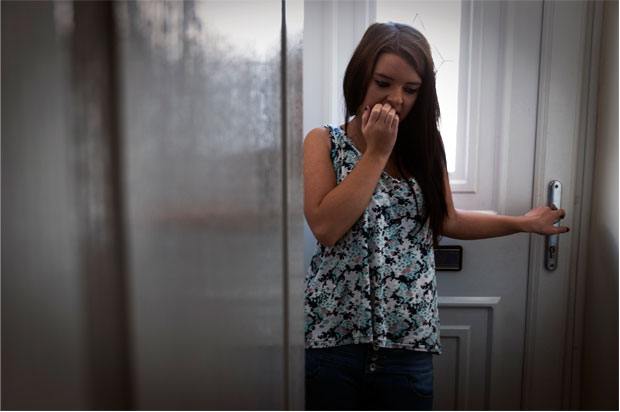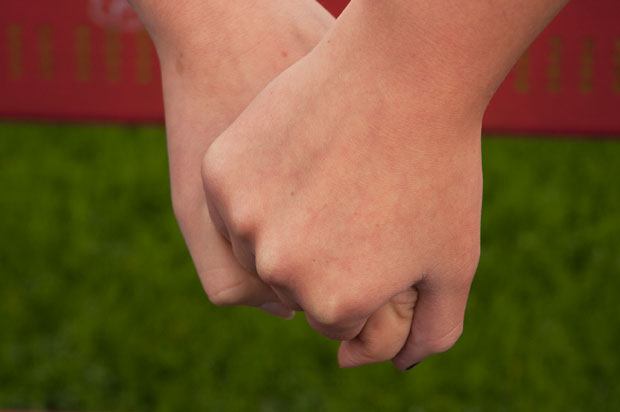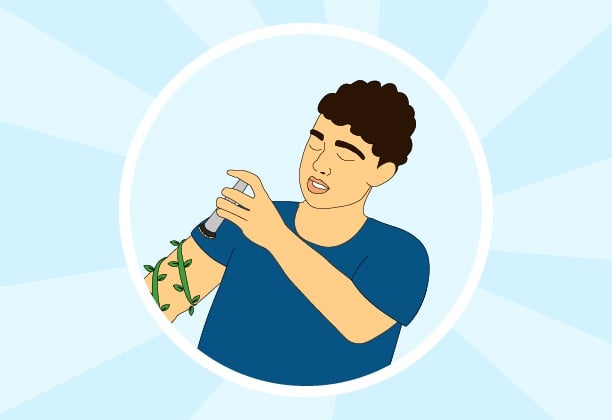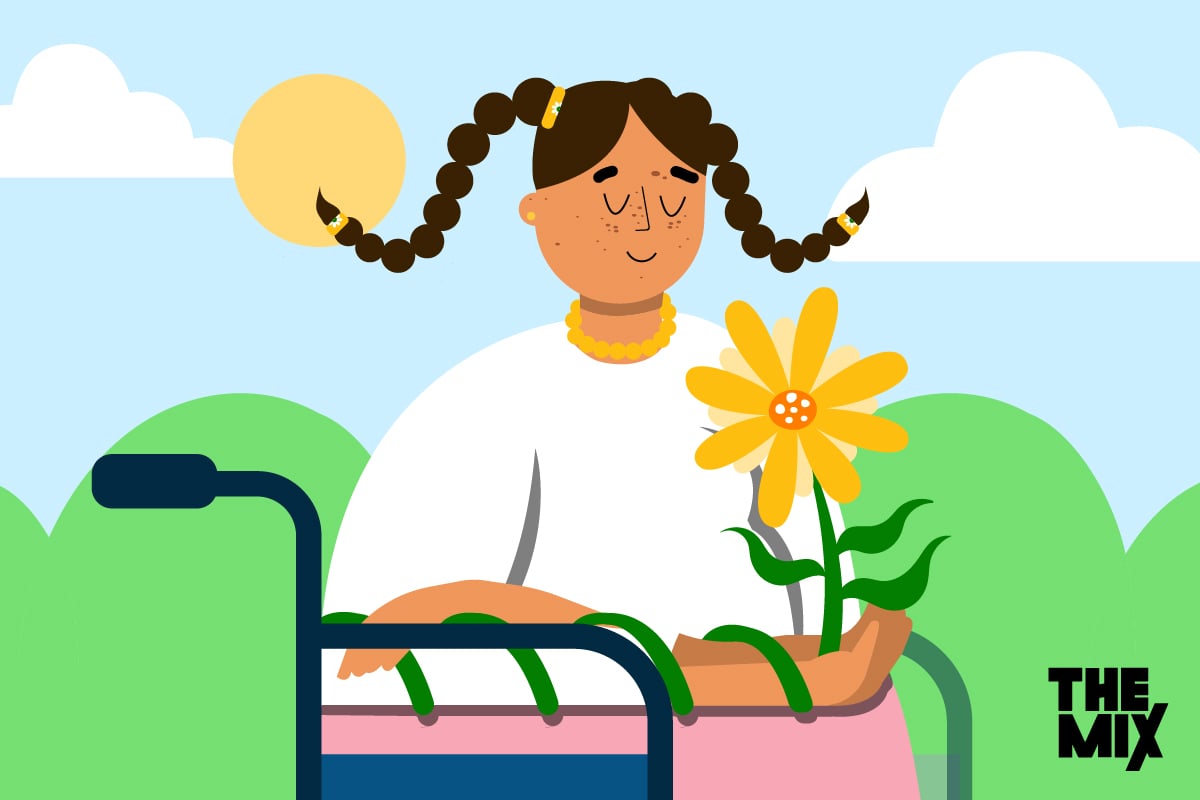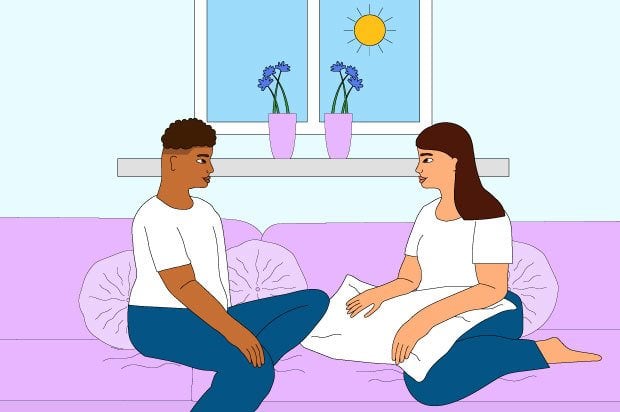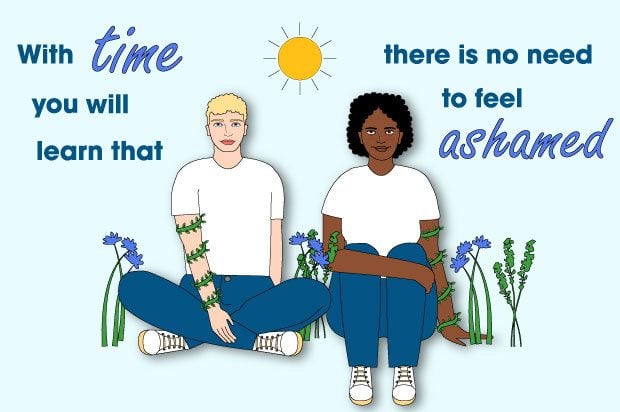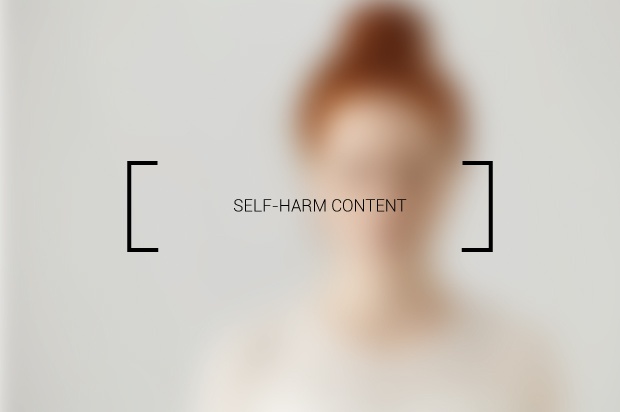What causes self harm?
Coping mechanisms like self harm are often associated with issues such as depression, low self esteem, anxiety or trauma. Although people have some short term relief from self injury, the long term effects of self harm can be quite damaging and make you feel worse.
The effects of self harm
The effects of self-harm depend on how someone is actually hurting themselves, but as a short term coping strategy it’s never going to address the underlying problem. For that, you might need a type of therapy such as Cognitive Behavioural Therapy or counselling.
How to talk about self harm
We understand that opening up about self harm isn’t easy. It can be one of the hardest obstacles to getting better. For some ideas on how to get started take a look at our articles on how to talk to someone about self harm and going to your GP about self harm,
Alternatives to self harm and finding support
There are many alternatives to self harm, and replacing the urge to hurt yourself with new behaviours might take time, but it is entirely possible. If you’re feeling angry, channelling that energy into physical activities can help. If you’re feeling lonely or isolated, try to reach out to friends or family members or an online community like the one here at The Mix. If you just don’t feel anything, try spending some time outside, eating some food you enjoy or playing with your pet.
For some inspiration, check out our interview with Maddie Bruce: Recovering from Self Harm and head over to our Self-Injury Awareness Day page.
What to do if someone you know is self harming
If you’re worried that someone you know is self harming, read up on our five tips if someone you know is self harming and how to support someone who self harms. Friends and family play a vital role in supporting people through difficult times, so try to create an open and non-judgmental environment to encourage those who are struggling to reach out for help.
Remember you can always talk to The Mix for support in confidence and anonymously, we’re not here to judge, only to listen and help wherever we can.
Useful resources
The causes of self harm: Explaining self harm urges
Self-harming? Here’s how to talk to someone about it
Hope to cope with a self harm relapse
Interview with Maddie Bruce: Recovering from self-harm
Five tips if someone tells you they’re self-harming
Supporting someone who self-harms
When your boyfriend/girlfriend self-harms
Long-term effects of self-harm
Ambassador voices: My self-harm story
Self-harm and your relationships
Recovering from Self-Harm
For Self-Harm Awareness Day Maddie Bruce shared her experiences and advice for those who are dealing with self-harm and looking to recover. You are not alone. It’s time to start the conversation and destigmatise self-harm.




